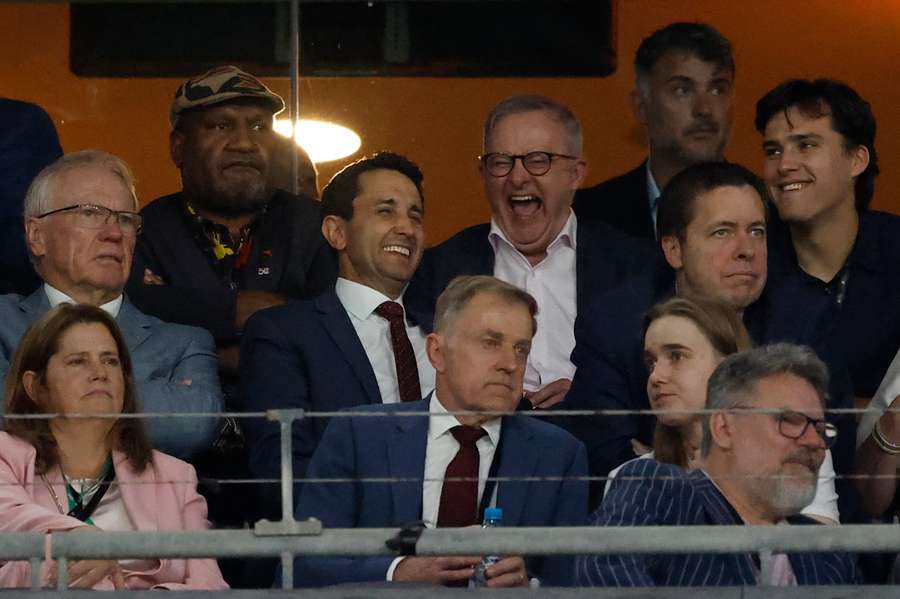Papua New Guinea James Marape announced the team nickname on Sunday afternoon ahead of the annual Prime Ministers XIII game to a packed Santos National Stadium in Port Moresby.
“We are a nation of a thousand tribes,” Prime Minister Marape said.
“Before there was a modern state called Papua New Guinea in 1975, our people lived for thousands of years under tribal structures led by chiefs - both men and women - who governed, protected, and held our communities together.”
“The name Chiefs depicts our authentic cultural history. It tells the story of how our ancient tribal systems - diverse and sovereign in their own right - fused into one sovereignty in 1975.
"That fusion was an amazing miracle, forming one democracy, one people, one nation - and now, one team.”
The Papua New Guinea public were asked to pick between Chiefs and Pythons in a non-binding public vote.
Marape also explained to the spectators and television audience the enormous cultural importance of the chosen name.
“Our forefathers and mothers were chiefs who kept order, peace, and balance among our tribes.
“As we play on the world stage, the PNG Chiefs will carry that same spirit — the strength of unity in diversity.
“Everyone felt that Chiefs was more appropriate on the basis that we are a sovereign nation of many tribes; over 850 languages and 1000 tribes. Before there was a Prime Minister, and a King or Queen in England, the sovereign head within the tribe was the Chief.
“In our country, about 30 per cent are matrilineal, so it fits in well when girls run on as Chiefs because there is a traditional context in our history.
“In East New Britain, Milne Bay, Bougainville and New Ireland, women are also chiefs. They hold land rights, they make the final decisions.
“The name just blends in well with the authenticity of where we came from as a nation of so many tribes, united into one nation in 1975 and gifted by Australia. It has a strong meaning to our authentic identity.”

